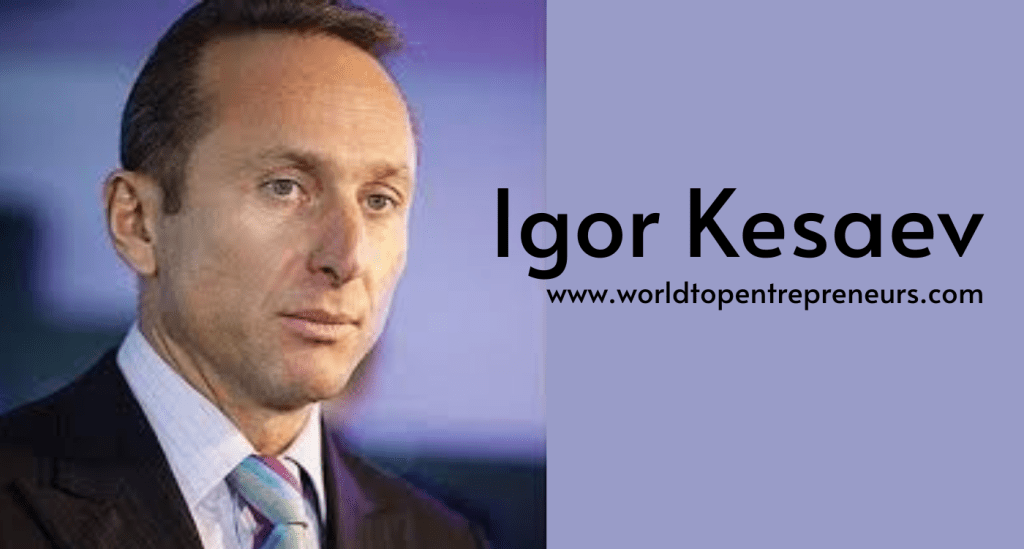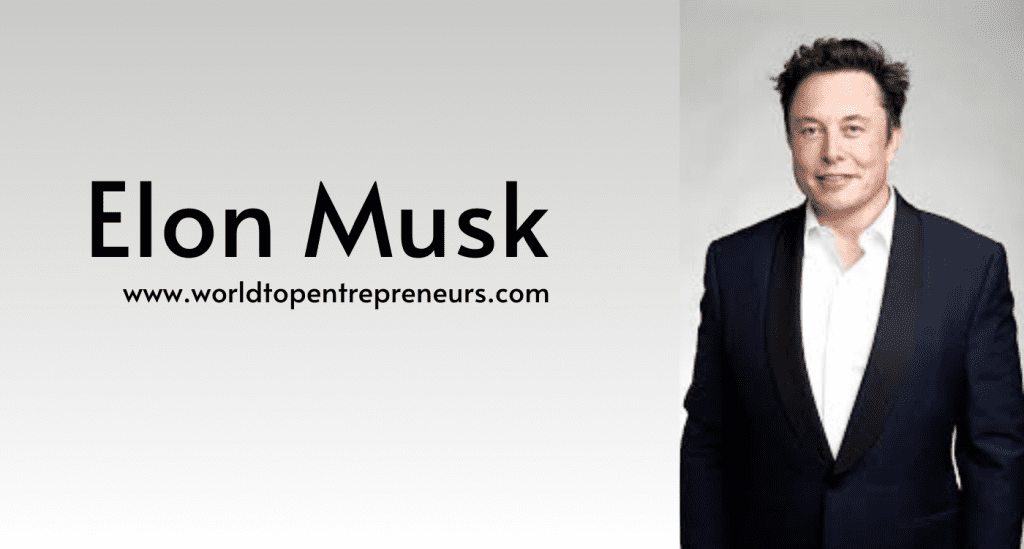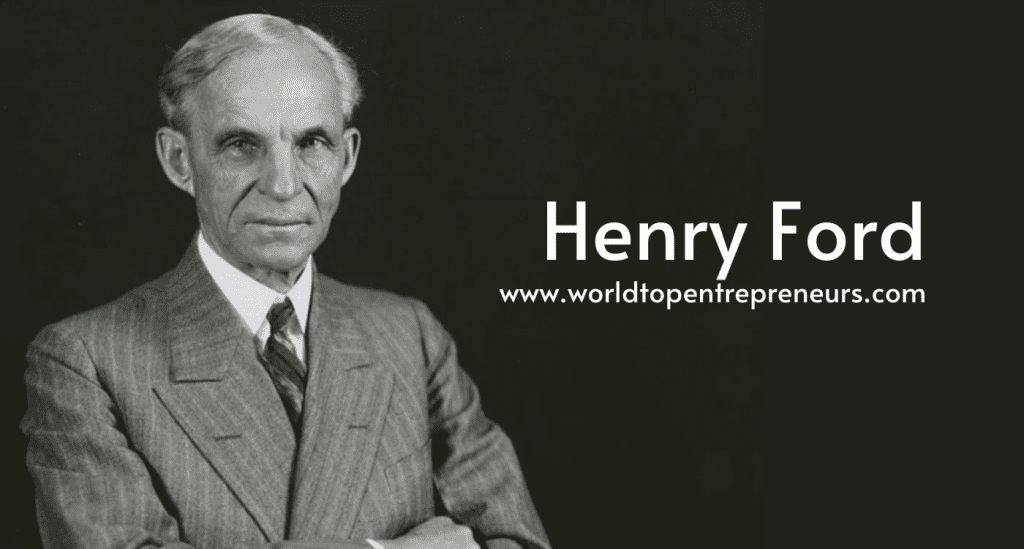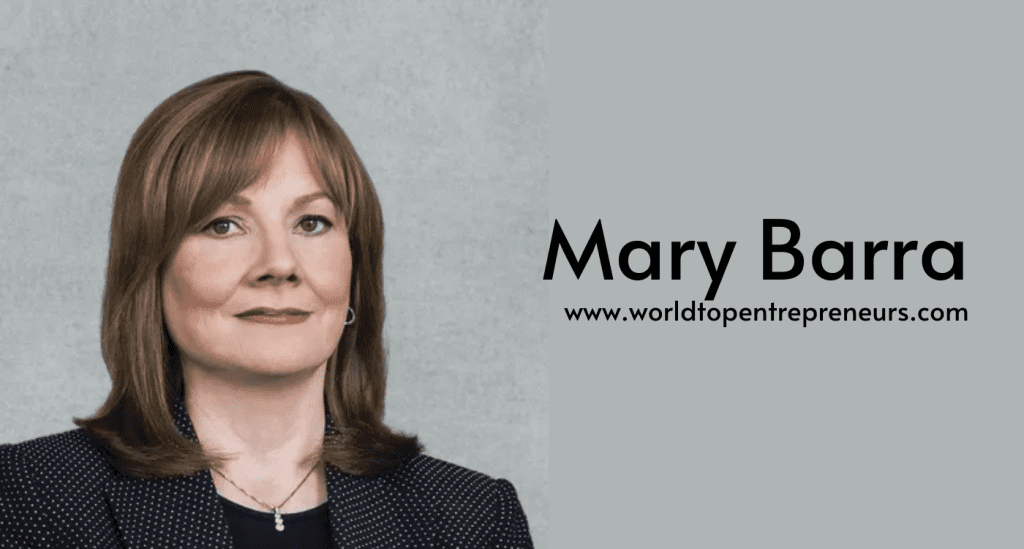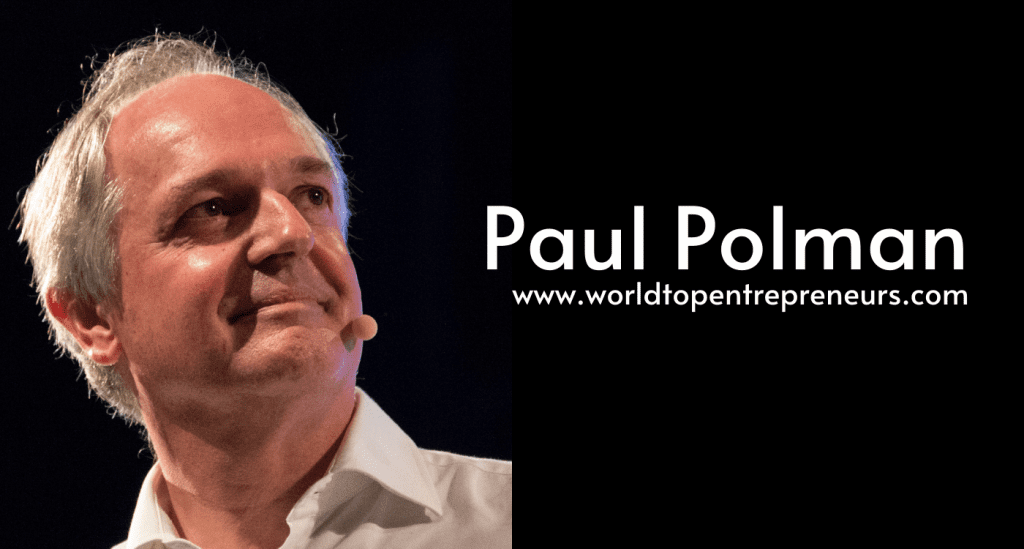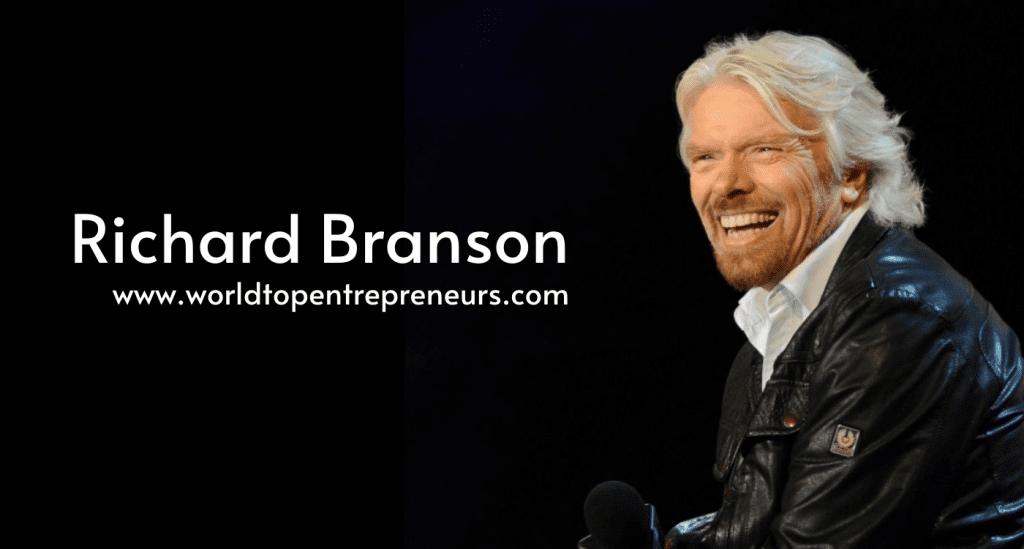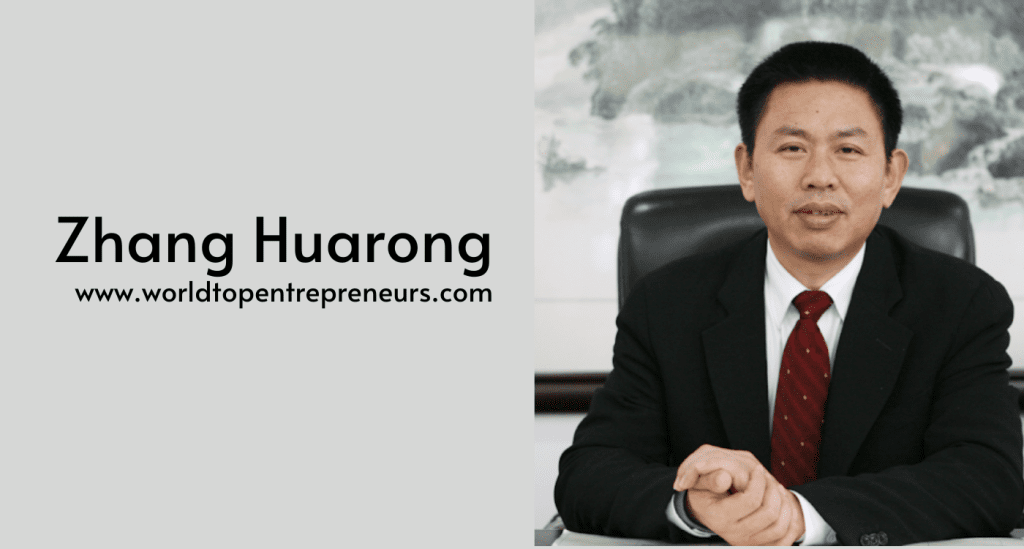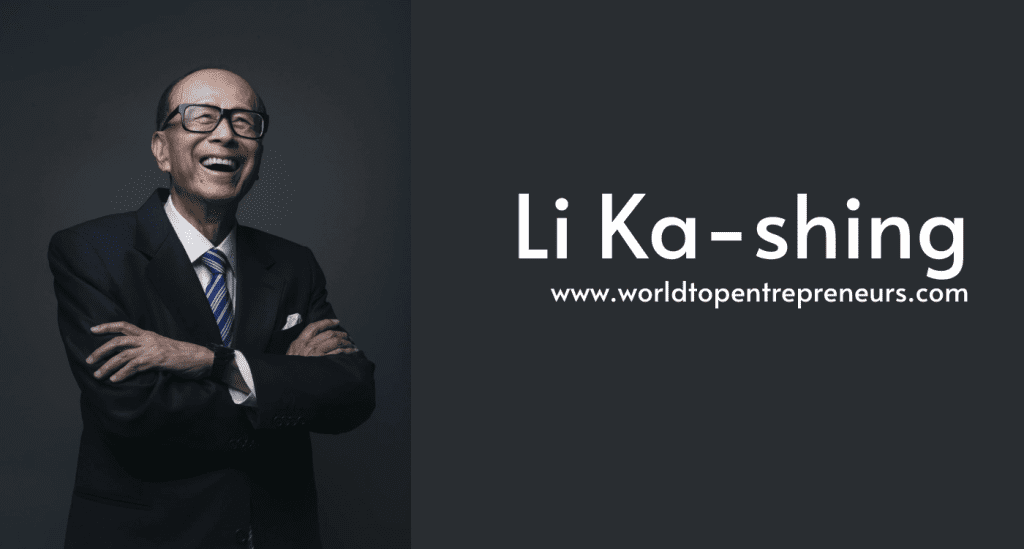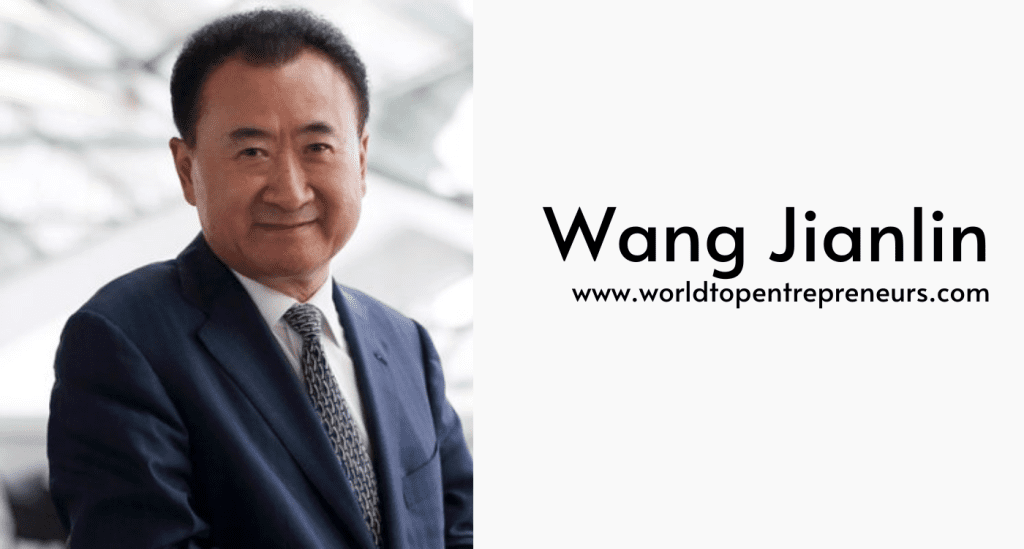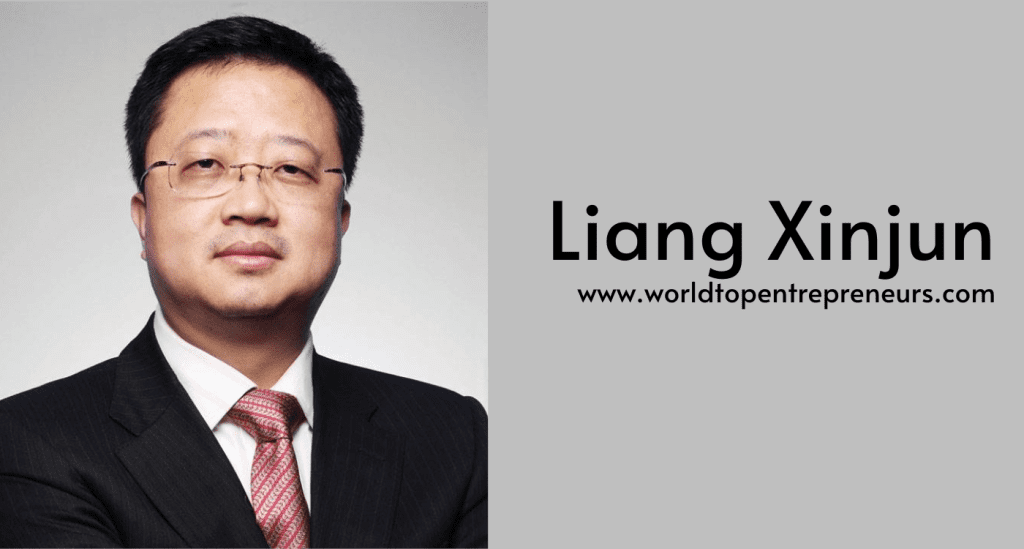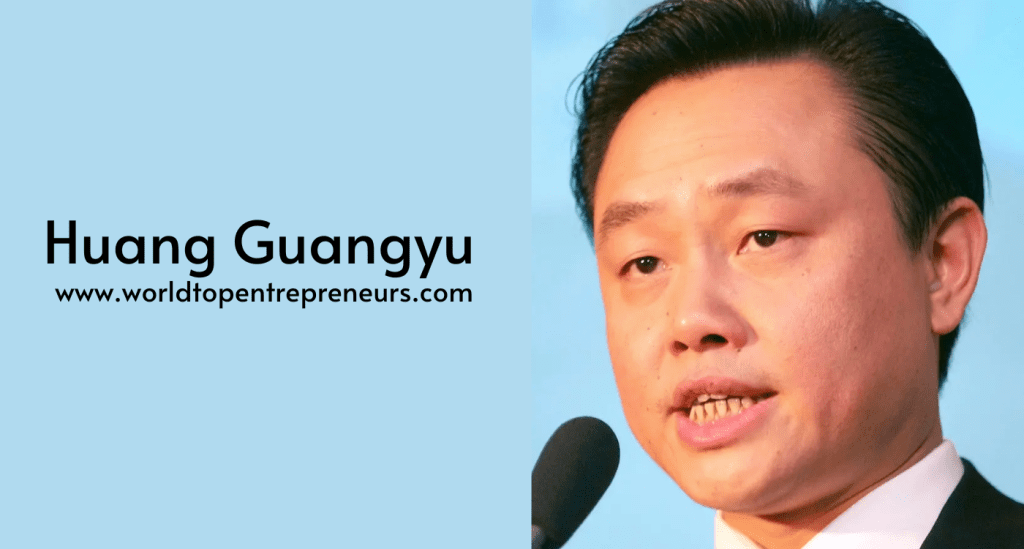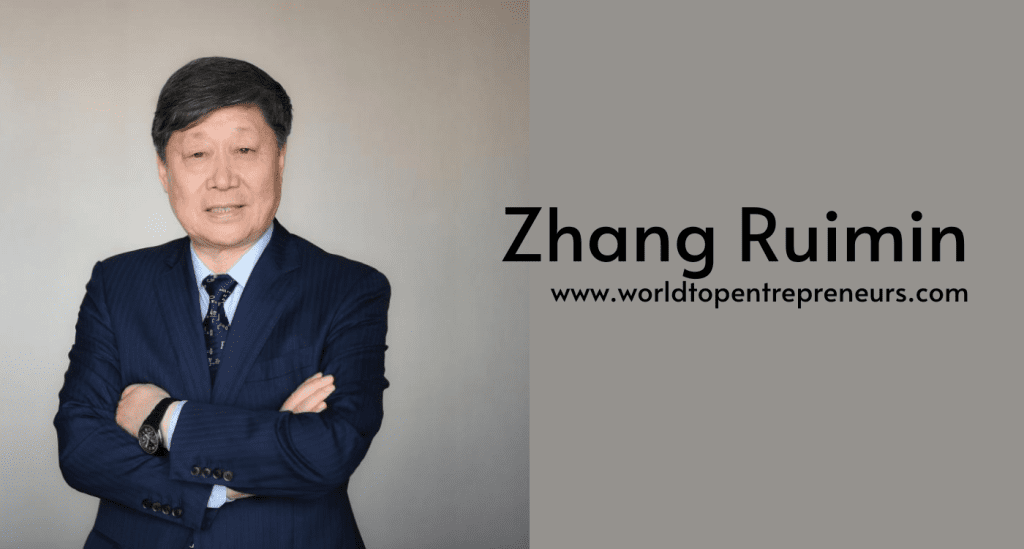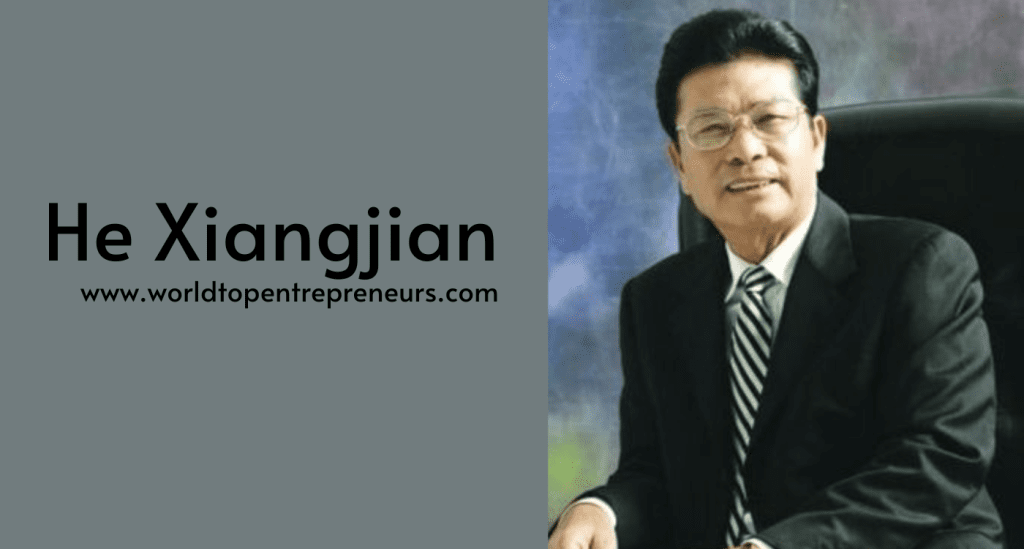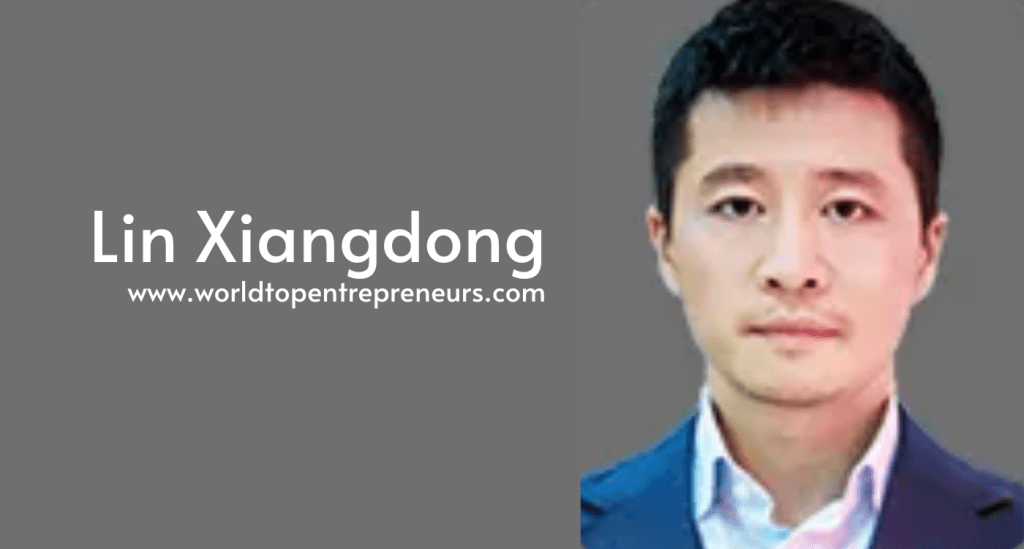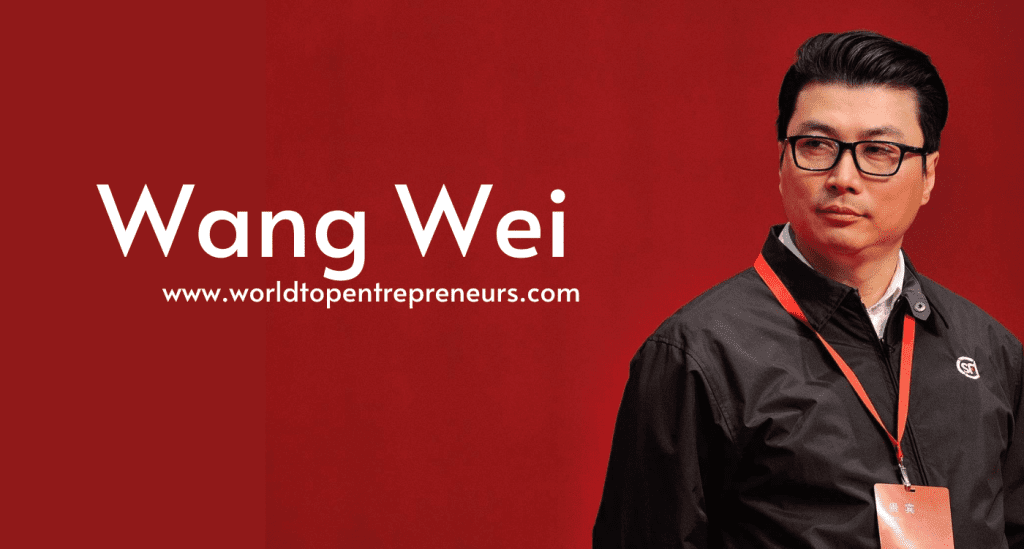Igor Kesaev is a leading Russian entrepreneur, renowned for his business acumen and role as the driving force behind the Mercury Group, one of the largest and most diversified conglomerates in Russia. With a focus on industries ranging from consumer goods to manufacturing and real estate, Kesaev has played a pivotal role in shaping the Russian business landscape. His journey to success, which spans decades of navigating economic challenges and seizing opportunities, reflects his resilience, vision, and leadership. In this blog, we’ll explore his entrepreneurial journey, educational background, business ventures, struggles, successes, and the growth of Mercury Group.
Early Life and Educational Background
Born in 1965 in Russia, Igor Kesaev grew up in a rapidly changing environment. As the Soviet Union was nearing its collapse, Russia was in the midst of significant political and economic transformation. Kesaev’s formative years coincided with these historic shifts, and it was during this time that he developed an interest in business and entrepreneurship.
Kesaev pursued higher education at the Moscow State Institute of International Relations (MGIMO), one of Russia’s most prestigious institutions, where he specialized in international economic relations. The knowledge he gained in economics, international trade, and global business relations would serve as the bedrock of his entrepreneurial career. Graduating in the late 1980s, Kesaev entered the professional world at a time when the Russian economy was shifting dramatically from a state-controlled system to a more market-oriented economy.
Early Career and Entrepreneurial Beginnings
Kesaev’s early career began at a time when Russia was undergoing deep economic reforms. The privatization process, which started in the 1990s, opened up new opportunities for those with the right business insight and connections. Kesaev was quick to identify the potential in this rapidly changing environment, and he started his first business ventures in the post-Soviet period.
During the early 1990s, as Russia experienced hyperinflation and a sharp transition to capitalism, Kesaev became involved in the wholesale distribution of goods, primarily in the food and consumer goods sectors. This period of economic chaos was both a challenge and an opportunity for entrepreneurs like Kesaev, who understood how to navigate the shifting regulatory environment and leverage new opportunities in emerging markets.
His success in the wholesale sector laid the foundation for what would become Mercury Group, a diverse conglomerate that would grow to operate in industries ranging from retail to manufacturing, energy, and logistics.
Founding Mercury Group: A Diversified Vision
In the 1990s, Igor Kesaev established Mercury Group, a business holding that initially focused on wholesale and distribution. Over the years, however, Kesaev transformed the company into a diversified conglomerate, expanding its reach across multiple sectors.
The key to Mercury Group’s success has been Kesaev’s strategic vision and his ability to adapt to the shifting dynamics of the Russian market. Under his leadership, the company quickly became a major player in the Russian economy. Its diversified portfolio includes a wide range of industries, such as retail, construction, consumer goods, food production, energy, and manufacturing.
Some of the most notable areas of Mercury Group’s operations include:
- Retail and Consumer Goods
Mercury Group is one of the largest distributors of consumer goods in Russia. The company’s retail portfolio includes both large-scale wholesale operations and partnerships with international brands. Over time, Kesaev expanded into other areas of the retail market, focusing on high-end consumer goods and building strong retail chains in Russia.
Kesaev’s deep understanding of consumer demand, combined with his ability to form partnerships with both local and international manufacturers, allowed Mercury Group to capture a significant market share in the Russian retail industry. The company became known for distributing everything from electronics and appliances to household goods and fashion items.
- Construction and Real Estate Development
Another major sector in which Kesaev expanded Mercury Group was construction and real estate development. The company became involved in both residential and commercial property development, capitalizing on Russia’s urban growth and increasing demand for modern infrastructure. This venture has included large-scale developments in Moscow and other major cities, contributing to Mercury Group’s expansion as a leading player in the Russian real estate market.
Mercury Group’s investments in construction also led to a diversified portfolio of residential, commercial, and mixed-use properties, as well as infrastructure projects that improved urban development in Russia.
- Energy and Manufacturing
In addition to consumer goods and real estate, Kesaev’s Mercury Group also made significant strides in energy and manufacturing. The company diversified into the energy sector, focusing on energy generation and distribution. As Russia’s energy infrastructure continued to grow, Mercury Group seized the opportunity to be part of the nation’s burgeoning energy market, with investments in both traditional energy sources and emerging alternatives.
In the manufacturing sector, Mercury Group has maintained a strong presence in industries such as machinery, automotive components, and industrial equipment. This diversification allowed the company to maintain a resilient business model that could weather fluctuations in the global economy and commodity prices.
Struggles and Challenges
Like many entrepreneurs, Igor Kesaev faced significant challenges as he built Mercury Group. The Russian business environment, particularly during the 1990s and early 2000s, was fraught with instability, corruption, and a lack of clear regulatory frameworks. For Kesaev, navigating these obstacles was a key part of his entrepreneurial journey.
One of the most significant challenges was the ever-changing regulatory landscape in Russia, particularly during the post-Soviet era. The lack of consistent legal frameworks made it difficult for businesses to operate, and entrepreneurs had to rely on strong political and business connections to succeed. Kesaev’s ability to form strategic partnerships and navigate the complex web of local regulations helped him overcome these difficulties.
Additionally, Russia’s economic volatility presented risks. The 1998 Russian financial crisis, which resulted in a sharp devaluation of the ruble, wreaked havoc on businesses across the country. However, Kesaev’s ability to diversify Mercury Group’s operations allowed it to survive the crisis and even emerge stronger in the long run.
The geopolitical tensions that have shaped Russia’s relationship with the West also presented challenges, particularly as Kesaev expanded Mercury Group’s international presence. However, his ability to adapt and maintain strong local relationships allowed the company to thrive in a complex and often unpredictable environment.
Successes and Achievements
Despite these challenges, Igor Kesaev’s entrepreneurial journey has been marked by notable successes. Mercury Group’s evolution from a small wholesale distributor to a diversified, multinational conglomerate is a testament to Kesaev’s visionary leadership.
- Market Leadership
Mercury Group’s position as one of Russia’s largest and most influential business conglomerates is a clear indicator of Kesaev’s success. The company’s expansive portfolio and market presence across multiple sectors have allowed it to weather economic downturns and continue growing.
- Expansion into Global Markets
One of the key success factors for Kesaev and Mercury Group has been their ability to expand into global markets. As Russia’s economy opened up and global trade became more integrated, Mercury Group capitalized on the opportunity to expand its footprint internationally. The company has developed partnerships with global brands, bringing international products to Russia and taking Russian products to international markets.
- Resilience Through Crises
Mercury Group’s ability to survive and thrive through Russia’s economic crises, including the 1998 financial meltdown and the 2008 global financial crisis, highlights the resilience of both the company and its founder. Kesaev’s leadership in navigating these challenges ensured the company’s continued growth and success.
- Sustainability and Innovation
In recent years, Kesaev has also emphasized sustainability and innovation in Mercury Group’s business practices. The company has made significant strides in incorporating green technologies into its real estate developments and manufacturing processes. Additionally, Mercury Group has embraced digital transformation and innovation to remain competitive in a rapidly changing market.
Conclusion
Igor Kesaev’s entrepreneurial journey is a story of resilience, vision, and adaptability. Through his leadership of Mercury Group, he has built one of Russia’s largest and most diversified business empires, with a presence in consumer goods, real estate, manufacturing, energy, and more. Despite the numerous challenges posed by Russia’s volatile economic environment, Kesaev’s strategic decisions and ability to innovate have been key to his company’s success.
Mercury Group’s ongoing growth and its ability to weather economic and geopolitical turbulence stand as a testament to Kesaev’s long-term vision and his ability to navigate complex business landscapes. As Kesaev continues to shape the future of his conglomerate, his legacy as one of Russia’s leading entrepreneurs is firmly secured.

